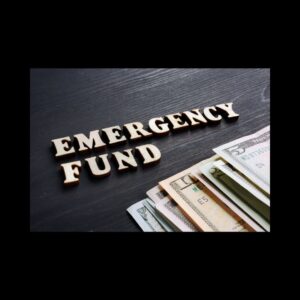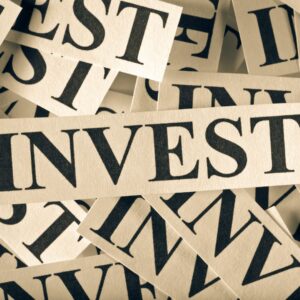Politics aside, there’s no debating we’re in a changing economy. Whether you are bullish or bearish is a topic for another post.
Specific and General Predictions
People have specific predictions about what’s going to happen next. Predictions like this stock is going to go up by seven percent by next month or this stock is going to move down five percent in the next two weeks. The economy is going to contract by x percentage, etc.
Specific predictions like this are usually wrong because they are literally a prediction of the future and it’s hard to be right about specifics.
General predictions are much easier to hit on. A prediction like the stock market is going to go up in the next 10 years, real estate prices will be higher in 15 years, or there is going to be inflation are historically backed and likely to occur.
That’s much different than the specifics.
What To Do
Since it’s almost impossible (I would actually say impossible) to predict exactly what is going to happen in the future, there are key things everyone can do with their money to give you the best chances of succeeding. These are a few of the core principles I follow in good times or bad.
Number 1: Avoid Consumer Debt
If you currently have no consumer debt, keep it that way. If you’re in consumer debt, get rid of it as quickly as possible. It’s one of the biggest wealth killers out there because you’re paying the lender and keeping it from yourself.
Most credit cards are over a 20 percent interest rate. You can’t out-invest that amount, meaning it’s very difficult to find returns that will meet or exceed such a high number.
Paying off high interest consumer debt is a way to give you insanely high returns. For example, if you pay off a $4,500 debt at 23 percent interest, you are getting a 23 percent return on your money. Paying off a debt that has a 26 percent interest gives you a 26 percent return on your money.
Number 2: Keep an Emergency Fund
No matter what the economy is doing, keeping an emergency fund is a great idea. It’s the protector in case things go poorly. Depending on who you ask, you’re going to hear anywhere between three to eighteen months for an emergency fund.
Most advice is in the three to six month range. I personally think nine to twelve months or more (but not over 18) is good practice. There are lots of variables including how stable your job is, how much you’re saving every month already, if your spouse works, kids, etc.
For me, an emergency fund is “sleep well at night” money that I can fall back on if things don’t go to plan. I understand the money is not earning as much as it could if it were invested in equities, but having that money sitting in a high yield savings account is the reassurance I want and the price I’m willing to pay.
Related:
Number 3: Invest Consistently by Paying Yourself First
Before I became financially literate, my idea of investing was to live off my income and then if I had a little money left over invest that amount. As you can guess, most months I wasn’t investing at all, or very little.
Then I learned the concept of pay yourself first, which is paying your investments before anything else. It’s money you take right off the top and contribute it to your investments.
The only job for that money is to be invested so during the month you’re not searching for where to put it. All the guesswork is removed when you allocate that money to investments before anything else. Doing this month after month and year after year creates massive consistency.
Number 4: Automate
The best way to create this consistency is by automation. Make it automatic and you don’t have to think about it. Here’s how anyone can do it.
At the start of every month, set up your investment account to automatically withdraw however much money you want to contribute. This can be taken straight from your paycheck, a business checking account, or your regular checking account.
For example, someone who wants to regularly contribute $700 per month to their brokerage account would simply set up that $700 to be transferred from their checking account or paycheck. The money is then in the brokerage account safe from you tinkering with it or deciding where to spend it that month.
The decision is already made for you because you made it and set up the automation. Rinse and repeat every month and you’re set up for years of financial success.
Conclusion
It’s tempting to read/view the headlines and get yourself out of sorts. You have no control over what’s going on in the markets though. The only thing you can control is your behavior and good financial behavior is following these four principles outlined above.
- Stay out of consumer debt
- Keep an emergency fund
- Invest consistently and automate
- Pay yourself first
Do these things and you give yourself the best chance to weather any storms coming your way. Plus when times are good, you’re really good and will have a greater chance of prosperity.







